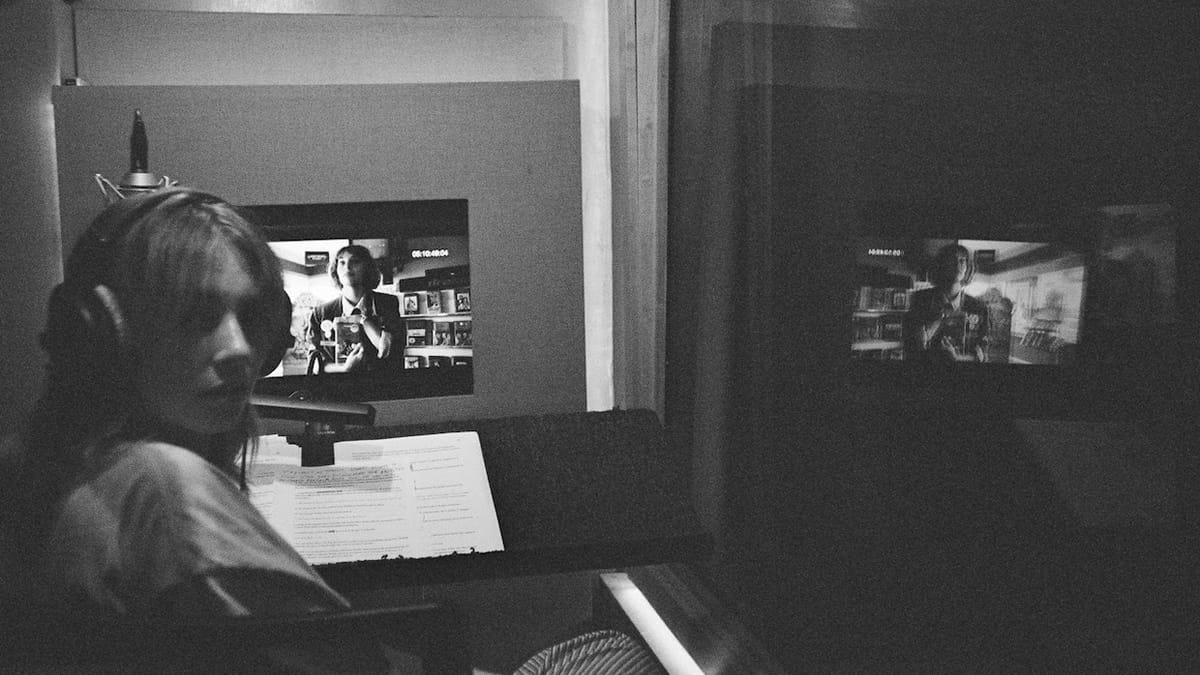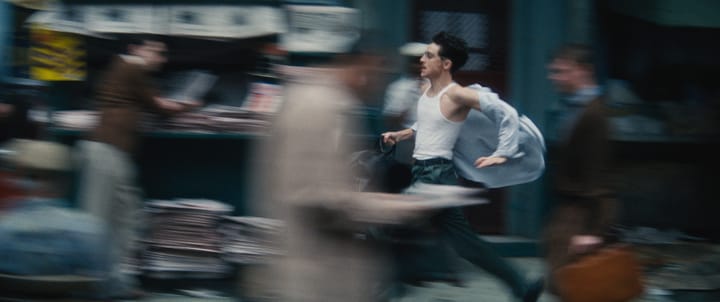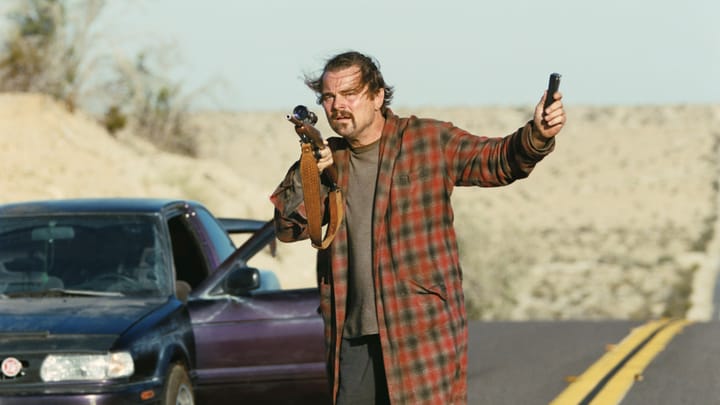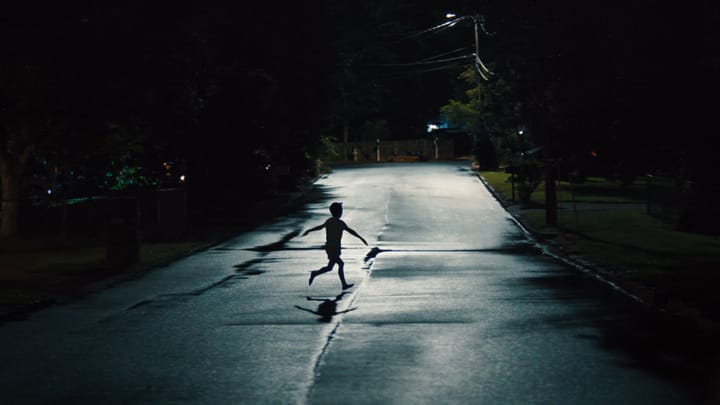VIDEOHEAVEN: DVD Killed the Video Store

Alex Ross Perry has spent a lot of time thinking about video rental stores. More specifically, he’s been thinking about what we can learn from their depictions on film, primarily interrogating the relationship with reality and representation, and what this representation now means that the reality has gone.
The point is made at the start, caveated but clear: though some remain dotted around as throwbacks and eccentricities, the video rental store is dead. To visit one of the surviving ones would not even be the same as visiting a store back in their era, the cultural moment is gone and we can’t go back. Yet, that moment is caught on film hundreds of times, an experience so core to a certain culture at one point that you couldn’t avoid it on screens. To depict everyday life meant to depict people in video stores, art that wanted to engage with the human experience chronicled video stores. They exist ambiently and purposefully across media, a staple and a prosaic locale. Now, they are inherently exotic remnants of the past, markers of social change in many texts that were never supposed to speak in this existential way.
This rumination animates this almost three hour documentary. It’s a filmic collage, Alex Ross Perry has accrued so much footage of video store scenes in films and has used it to create segmented video essay on them and their depiction. The film's chapters keep things very logical, giving each part a self-contained argument but also building up a web of ideas and following a recent chronology. It’s not just a linear beginning to end story, but it is underpinned by a chronological approach that keeps it clear and logical. As the film continues, it focuses on on motifs and representations, building an argument out of repetitions. The footage is accompanied by essay-like narration read by Maya Hawke.
It’s a very interesting watch, able to make a variety of well evidenced conclusions about the subject from the footage. Sometimes stage focus is on what echoes, at other points a particular example is studied in pleasing depth. There’s a well paced variety to the approach that helps with engagement over the long runtime. Still, it is almost three hours of being told about video stores and you will feel that. For all the positive points, the film can feel insular and limited. The chronological approach makes it digestible as a scholarly text but limit’s the depth of its conclusions. Towards the end we get a look into the present but a sustained dialogue with now and then would have aided throughout. The piece is arguably preoccupied with explanation more than analysis. The points made are bent back onto the reality of video stores, of explaining a time. There’s evident room to actually be more philosophical — or even political.
It’s also true that exhaustive form can get exhausting. This can be a dry film, partially because it’s so focused on a single thing that doesn’t always speak beyond itself. If the topic really interests you then you’ll love how rigorous it is. The form, though, can feel stifling. It lacks playfulness and can feel quite static. Saying this, some choices really resonate. This is evidently a very personal work to the director and this is oddly aided by a different voice handling narration. There are two themes made much more resonant by this. One is, of course, the idea of distance. This is a lost past and the separation of narration adds to this, it creates a step of remove aided by the undeniably nostalgic twang of Hawke’s voice. The film also deeply interests when it focuses on depictions of enthusiasts: the clerks that know cinema and how they are — often unflatteringly — presented. Different representations are weighed up with historical remembrance to make the textual argument but the wider argument is made by the film. After all, this is internal the word of a cinema enthusiast and it shows the worth and sincerity of that passion, disassembling the stereotypes through its own existence.
VIDEOHEAVEN is a lot, and it’s certainly longer than it is interesting — and stretches past its insights. It is still valuable, though, and really fascinating. The lasting impact is of how it is a work of passion, a layered text about what film means to us and how film works both together and with the audience in a constructive way. Alex Ross Perry builds up this work from films as the films together build up an argument. Knowledge is key, enthusiasm and expertise is integral. VIDEOHEAVEN shows us that not only did video stores matter, the passion that they ran on — the ideology underneath them — matters still and very much lives on.





Comments ()